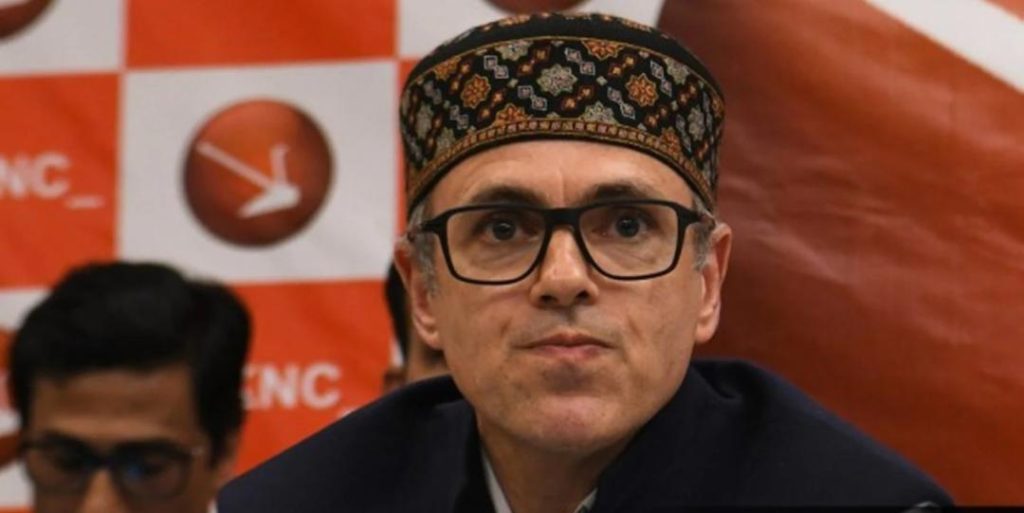
Title: Pahalgam has not stalled J&K statehood talks: CM Omar Abdullah
The recent attack on a tourist bus in Pahalgam, Jammu and Kashmir, has sent shockwaves across the state, leaving many wondering about the fate of the ongoing talks on the restoration of J&K’s statehood. However, Chief Minister Omar Abdullah has made it clear that the attack has not stalled the conversation around J&K’s statehood restoration. In fact, he raised the issue at the recent NITI Aayog meeting, reiterating his commitment to the cause.
According to Omar Abdullah, he was unwilling to use the J&K assembly’s special session to discuss statehood. “But that does not mean the conversation has stopped,” he said. This statement has sparked hope among those who have been fighting for J&K’s statehood, as it suggests that the issue is still very much alive.
The Pahalgam attack, which left several tourists injured, has been widely condemned by all sections of society. The attack was carried out by militants, who have been waging a separatist insurgency in the state for decades. The incident has once again highlighted the challenges facing the state, and the need for a peaceful resolution to the conflict.
However, Omar Abdullah’s statement has also raised questions about the government’s strategy to tackle the issue of statehood. The J&K assembly has been in limbo since the state’s special status was revoked in 2019, and there have been several attempts to revive the statehood debate. However, the government’s reluctance to use the special session to discuss the issue has been seen as a setback by many.
Despite this, Omar Abdullah’s statement suggests that the government is still committed to the cause. The Chief Minister has been a vocal advocate for J&K’s statehood, and has been working to revive the state’s autonomy. In recent months, there have been several meetings and discussions between the government and various stakeholders, including political parties and civil society groups.
The issue of J&K’s statehood is complex and contentious, with different groups having different opinions on the matter. Some argue that the state’s special status was a relic of the past, and that it was necessary to revoke it in order to bring the state in line with the rest of the country. Others argue that the state’s autonomy was a key factor in its development and progress, and that it should be restored.
Despite these differences, there is a growing consensus that J&K’s statehood is essential for the state’s development and progress. The state has been facing several challenges, including a lack of investment and a decline in tourism, which has had a negative impact on the local economy. Restoring the state’s autonomy could help to address these issues, and provide a boost to the state’s economy.
Omar Abdullah’s statement has also sparked hope among those who have been fighting for J&K’s statehood. The Chief Minister has been a strong advocate for the cause, and his commitment to it has been evident in his statements and actions. His willingness to raise the issue at the NITI Aayog meeting is a sign that the government is still committed to the cause, despite the challenges facing the state.
In conclusion, Omar Abdullah’s statement has made it clear that the Pahalgam attack has not stalled the conversation around J&K’s statehood restoration. Despite the challenges facing the state, the government remains committed to the cause, and is working to revive the state’s autonomy. The issue of J&K’s statehood is complex and contentious, but there is a growing consensus that it is essential for the state’s development and progress.
Sources:






